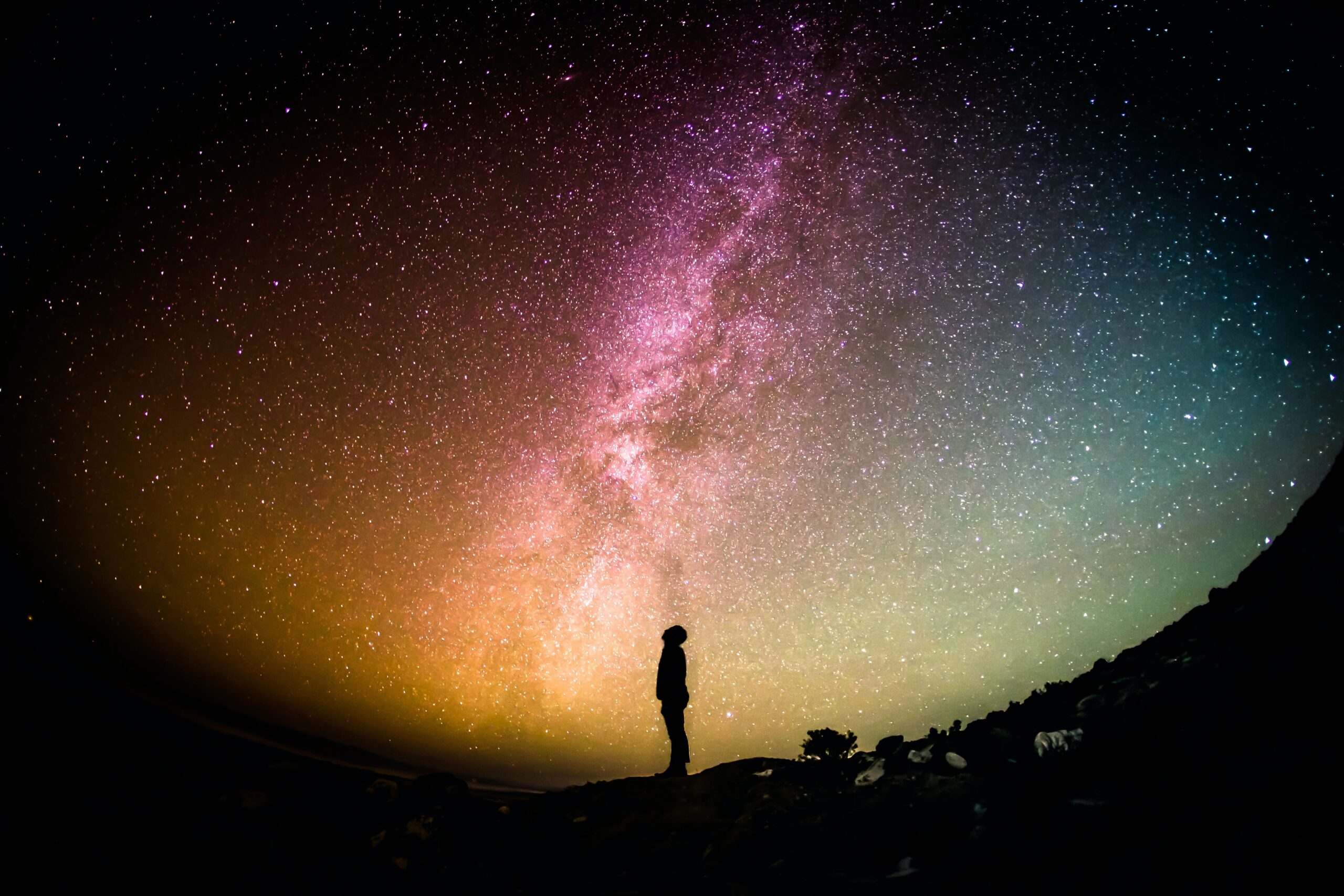Branson and Bezos hope recent high-publicity flights will kick start space tourism
Despite some commentators musing that the world would be a better place if Richard Branson and Jeff Bezos didn’t bother returning, both entrepreneurs successfully made it back to earth after high-profile space flights.
Jeff Bezos and three other passengers successfully completed the inaugural passenger-carrying flight of his Blue Origin spacecraft on Tuesday (07/20/21). The ten-minute flight launched from West Texas at 9.12 am ET. The date of the flight was chosen to coincide with the 52nd anniversary of the Apollo 11 moon landing.
The flight followed fellow-space entrepreneur Richard Branson’s flight to the edge of space on the Virgin Galactic Launch system.
At a press conference after the flight, Mr. Bezos said that he’d had the best day ever and said of the experience of weightlessness – “It felt so serene and peaceful, and the floating, it’s a very pleasurable experience.”
A new space race
The recent high-profile flights by two of the planet’s wealthiest individuals ups the stakes in what they foresee as being the start of something big. Mr. Bezos likened the current stage of space flight to be akin to the early days of aviation.
Blue Origin has joined Virgin Galactic by opening ticket sales for future flights. So far, it has achieved almost $100 million in sales, although pricing details haven’t been released so it remains unclear what this figure represents in the terms of passenger numbers.
Mr. Bezos stated that there are two more crewed flights planned for this year, and Richard Branson has said that his company intends to begin commercial flights next year.
Also joining the fray is Elon Musk’s SpaceX company. The company has said that it intends to take four commercial passengers into earth orbit on its Crew Dragon capsule later this year.
A risk worth taking?
Space flight is inherently dangerous, as the launch vehicles are tested a fraction of the number of times that a commercial aircraft faces before it is certified as safe to fly.
Industry experts say that each launch has a 1-in-a-1000 chance of failure, which are similar odds to those that passengers in the early days of commercial aviation faced. This didn’t stop people flying and the big names vying for a slice of the space tourism market are betting on the same happening with their fledgling industry.
Ticket sales and worldwide interest seem to suggest that the market exists, a feeling backed by industry analysts. Morgan Stanley has estimated that the commercial space market could triple in value by 2040, with revenues topping $1 trillion.
Technology will also improve, and the risk factor will decrease as it does so. However, with the prohibitive costs meaning that only the super-wealthy will be able to afford the ticket prices, if there is a launch disaster it will make massive headlines around the world and this will do untold damage to the industry.
There are also environmental considerations. As we take steps to drastically reduce the damage we are doing to the planet, will there be room for what could be seen as joyrides for the rich?
With the vast amounts of money involved this all equates to a massive gamble on the part of the companies involved. Will it be successful?
Watch this space.
